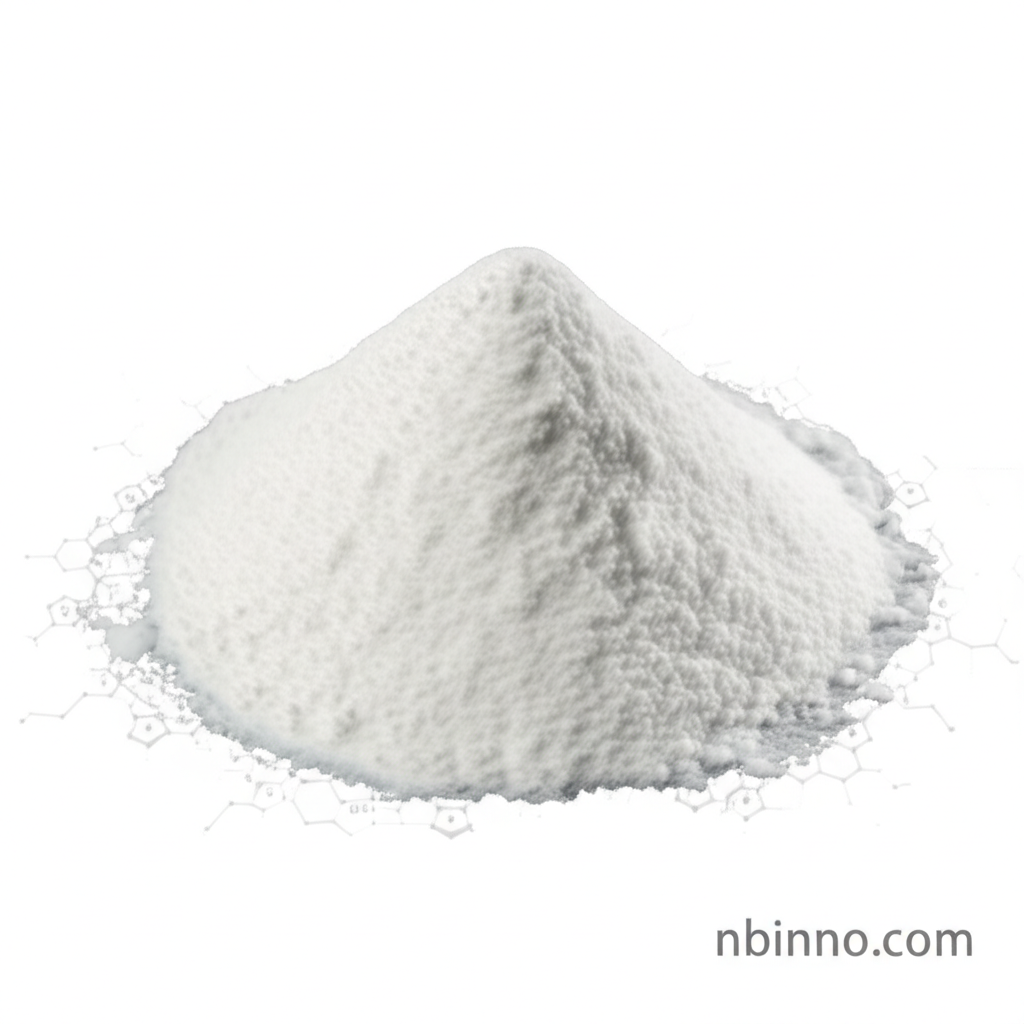D-Serine CAS 312-84-5: A Comprehensive Guide to its Properties, Applications, and Significance in Neuroscience and Pharma
Exploring the critical role of D-Serine in brain function, drug development, and biochemical research.
Get a Quote & SampleProduct Core Value

D-Serine
D-Serine is a crucial neuroactive substance and pharmaceutical intermediate, playing a vital role in the central nervous system's regulation and various drug synthesis pathways. Its unique properties make it indispensable for understanding brain mechanisms and developing advanced therapeutics.
- Leverage D-Serine for critical research into the NMDA receptor's role in learning and memory.
- Utilize D-Serine as a key pharmaceutical intermediate for synthesizing novel neurological drugs.
- Explore D-Serine's applications in biochemical research for enzyme studies and chiral recognition.
- Investigate the therapeutic potential of D-Serine in managing neuropsychiatric diseases like Alzheimer's and schizophrenia.
Advantages of D-Serine
Neurotransmitter Modulation
D-Serine acts as a co-agonist of NMDA receptors, significantly influencing glutamatergic neurotransmission and synaptic plasticity, which are fundamental for cognitive functions.
Chiral Drug Synthesis
Its specific chiral structure makes D-Serine a vital intermediate for creating enantiomerically pure drugs, ensuring higher efficacy and selectivity in pharmaceutical applications.
Research Versatility
As a biochemical reagent, D-Serine is instrumental in cell culture, enzymatic assays, and stereoselectivity studies, providing essential data for scientific advancements.
Key Applications
Neuroscience Research
D-Serine is a critical tool for studying the NMDA receptor's function in learning, memory, and neurological disease mechanisms, contributing to advancements in brain science.
Pharmaceutical Intermediates
Its role as a building block for chiral drugs, including those targeting the central nervous system, makes it invaluable in drug discovery and development.
Biochemical Studies
Researchers utilize D-Serine in enzyme stereoselectivity analysis and metabolic pathway investigations, offering insights into biomolecular interactions.
Drug Development Support
D-Serine is integral to the development of therapies for conditions such as Alzheimer's disease and schizophrenia, addressing unmet needs in patient care.
